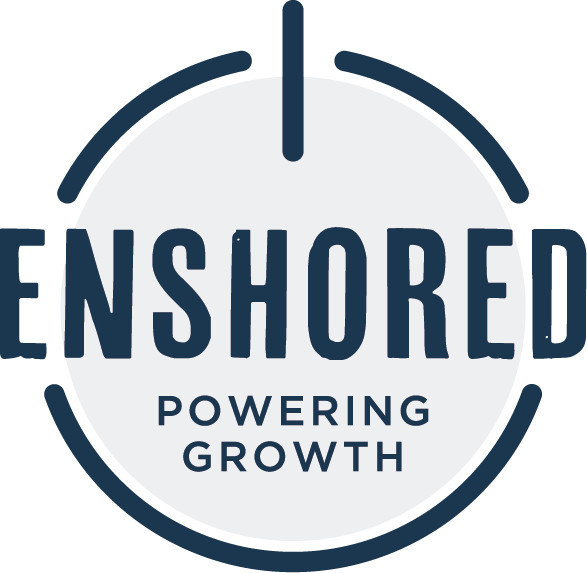Taking too long? Close loading screen.


Engaging customer experience (CX) has become a cornerstone for businesses aiming to gain a competitive edge. While some companies may choose to outsource customer support or back office support, others might handle it in-house. Regardless of the approach, understanding and utilizing key CX metrics is of paramount importance. Here, we will help you navigate these crucial metrics, understand their significance, and learn how to leverage them to optimize your business performance and customer satisfaction.
CX metrics are tools used to quantify and evaluate the quality of interactions between a business and its customers. They provide a measurable way to gauge customer satisfaction, identify areas for improvement, and ultimately, guide strategic decisions. Whether you’re working with an outsourcing agency or handling customer support internally, these metrics are essential for evaluating and refining your CX strategy.

To ensure that customer expectations are met and exceeded, monitoring key customer experience (CX) metrics is crucial. These metrics provide valuable insights into the effectiveness of your customer service operations and enable you to make data-driven decisions to enhance customer satisfaction and loyalty.
Every business is unique, and so are its customers. What works for a large-scale outsourcing company might not be applicable to a small business or startup. The selection of CX metrics should be reflective of your company size, industry type, and customer preferences. It is essential to understand that not all metrics will be relevant or meaningful for every business. By carefully choosing and interpreting the right metrics, you can align them with your specific business goals and customer expectations.
When it comes to selecting CX metrics, it is crucial to consider the nature of your business. Different industries have different customer needs and expectations. For example, a software-as-a-service (SaaS) company may prioritize metrics like customer churn rate and customer lifetime value, as these factors directly impact their revenue and growth potential. On the other hand, a retail store might focus on metrics such as customer satisfaction, repeat purchase rate, and average order value.
Additionally, your company size plays a significant role in determining the appropriate CX metrics. Smaller businesses and startups often have limited resources and a smaller customer base. Therefore, metrics that provide insights into individual customer interactions and experiences, such as customer satisfaction (CSAT) and Net Promoter Score (NPS), can be more valuable. These metrics can help identify areas of improvement and gauge customer loyalty, which is crucial for growing a customer base and maintaining customer satisfaction.
Furthermore, it is essential to understand your customers’ preferences and expectations. Conducting customer surveys, collecting feedback, and analyzing customer support interactions can provide valuable insights into what matters most to your customers. This information can help you determine which CX metrics are most relevant and meaningful for your business. For example, a company providing customer experience outsourcing might prioritize First Response Time (FRT) and Average Resolution Time (ART) to ensure timely and efficient customer support, while a product-based startup could focus on CSAT and NPS to measure customer satisfaction and loyalty.
Understanding your CX metrics is only the first step in building a successful customer experience strategy. While collecting and analyzing data is crucial, the real value lies in utilizing these insights to drive meaningful improvements. By leveraging the power of data-driven decision-making, businesses can proactively identify pain points and take targeted actions to enhance the overall customer experience.
One way to effectively utilize CX metrics is by examining the First Response Time (FRT). A consistently high FRT could indicate potential issues in your customer support operations. This metric might prompt you to reassess your available resources and evaluate whether your team has the capacity to handle high-volume customer inquiries. If you find that your team is struggling to meet customer demands, it could be worth considering call center outsourcing as a solution. By partnering with a specialized service provider, you can ensure prompt responses and efficient handling of customer queries, leading to improved customer satisfaction.
In addition to addressing specific metrics like FRT, analyzing CX metrics as a whole can help identify bottlenecks and highlight areas for improvement. Metrics such as customer satisfaction scores, Net Promoter Score (NPS), and customer churn rate can provide valuable insights into the effectiveness of your customer experience strategy. For instance, a low NPS score might indicate that your customers are not enthusiastic advocates for your brand. This could prompt you to dig deeper and identify the underlying issues causing dissatisfaction, whether it’s product quality, communication gaps, or support inefficiencies.
By leveraging CX metrics effectively, you can tailor your strategies to create a better customer experience. Once you have identified areas for improvement, you can implement targeted initiatives, such as enhancing training programs for customer-facing teams, streamlining support processes, or investing in technology solutions to enhance self-service options. Continuous monitoring and analysis of CX metrics will help you gauge the impact of these changes and refine your approach over time.

The importance of understanding and monitoring CX metrics cannot be overstated, whether you’re managing an in-house team or working with a CX outsourcing provider. These metrics offer valuable insights into your customers’ perceptions and experiences, and can guide strategic decisions for continuous improvement. By regularly analyzing and applying these metrics, businesses can optimize customer satisfaction, drive loyalty, and ultimately, enhance overall business performance.
Anticipating growth?
Access the tools, tech & team you need to scale globally.

Serious about scaling?
One call is all it takes to know if we’re a fit.
© 2024 Enshored · Privacy · GDPR · California · Cookies